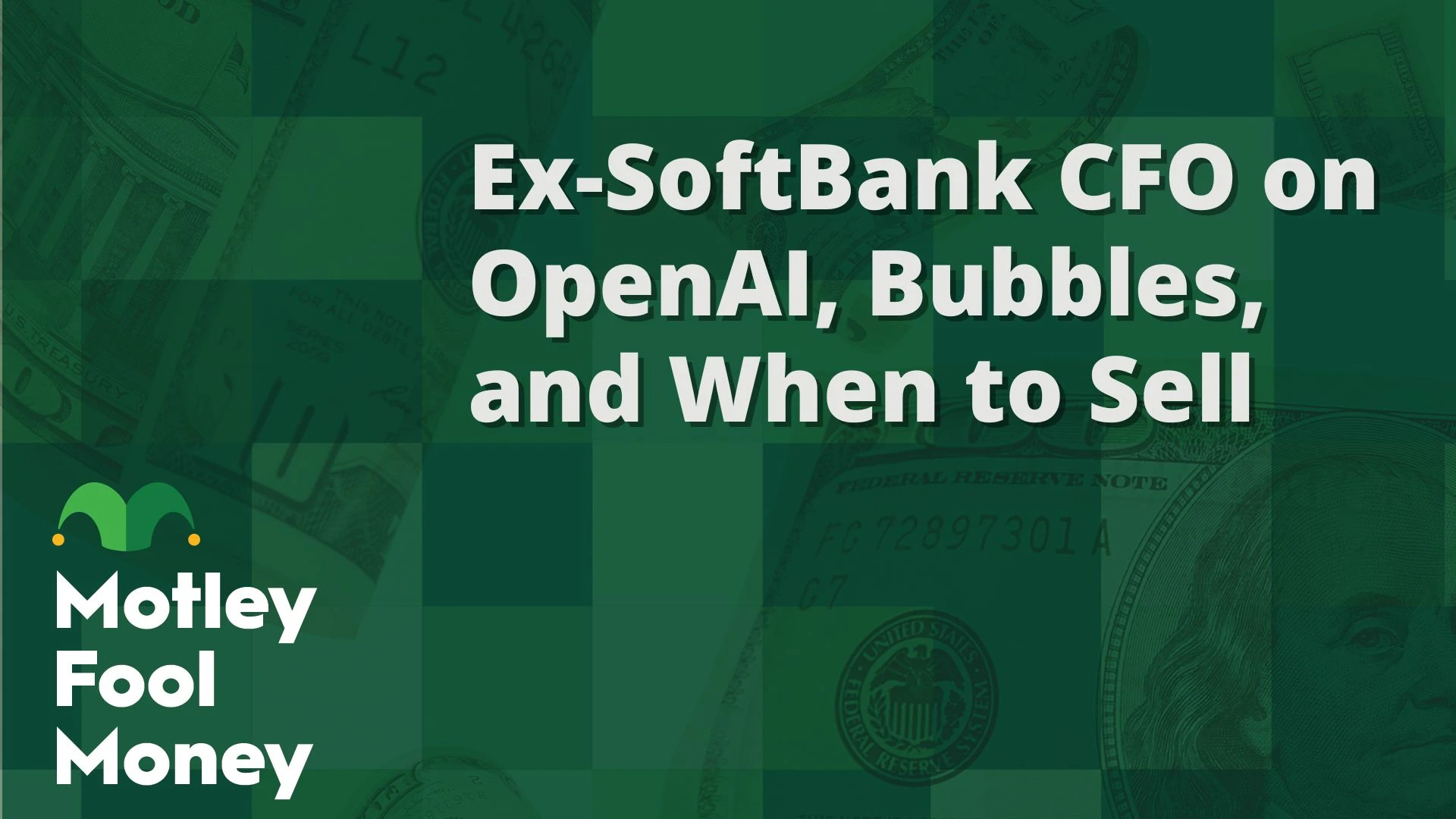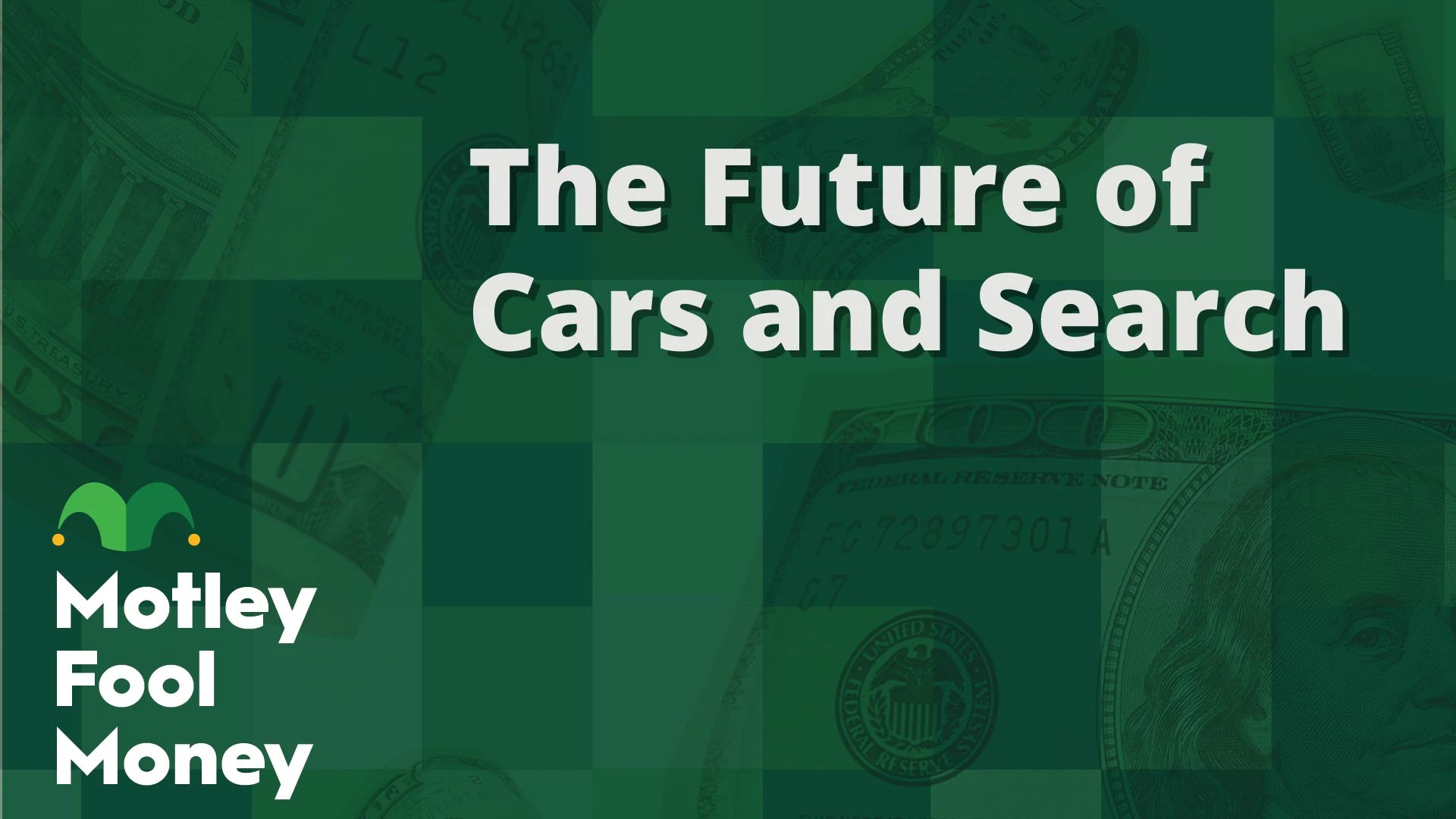Contents
The State of the U.S. Economy: Insights and Implications
The U.S. economy is currently a hot topic, especially with the presidential election approaching. However, understanding its complexities can be challenging. Todd Vasos, CEO of Dollar General, offers some insight into the situation, particularly for low-income Americans, and it’s not an optimistic picture.
Dollar General’s Financial Findings
On August 29, Dollar General shared its financial results for the second quarter of 2024. Vasos elaborated on the underlying economic conditions impacting their customers. With over 20,000 locations primarily in rural, lower-income areas, Dollar General caters to a customer base where 60% earn less than $35,000 annually. These consumers are facing financial difficulties.
Vasos revealed that 30% of Dollar General’s customers have maxed out at least one credit card, and a quarter anticipate missing a payment within the next six months. This financial strain is altering consumer behavior, a trend not isolated to Dollar General.
Economic Pressures and Consumer Behavior
As many Americans struggle to cover essential expenses, they are reducing discretionary spending and focusing on necessities like food. Dollar Tree, a competitor, reported similar findings for Q2 2024. Sales of consumable products rose, while those of non-essential items fell across both its Dollar Tree and Family Dollar chains.
Dollar Tree’s management noted: “Demand from Family Dollar’s core lower-income customer remains weak,” echoing Dollar General’s observations.
This pattern extends beyond discount retailers. Even Amazon, a major e-commerce player, has noticed similar trends. CEO Andy Jassy remarked on the decline in average selling prices, attributing it to consumers prioritizing lower-cost options.
Walmart also reports a consumer shift towards value, but highlights a different trend: “Upper-income households [are] continuing to account for the majority of gains,” according to the company’s CFO.
Divergent Economic Experiences
Compiling these insights suggests that lower-income consumers are struggling, while higher-income individuals maintain their usual spending habits. While it might seem intuitive, this is somewhat atypical. Typically, economic downturns affect consumer behavior across income levels.
For instance, RH, a luxury furniture retailer, anticipates revenue growth of 5% to 7% this year, demonstrating resilience among high-income customers.
In essence, while lower-income individuals are tightening their belts, those with higher incomes continue as if the economic climate is unchanged.
Attempting to predict the economy’s future to strategize investments can be futile. The past doesn’t always predict the future, as Stanford professor Scott Sagan humorously pointed out: “Things that have never happened before happen all the time.”
Therefore, a detailed stock market playbook is elusive. Investors often feel more uncertain during challenging times, despite never truly knowing what lies ahead. When the economy thrives, there’s a false sense of certainty about future events.
However, a valuable lesson emerges: invest with a long-term perspective. Short-term strategies based on economic cycles, monetary policy, or geopolitics often lead to disappointing returns due to their unpredictability. Insights from Dollar General and Walmart’s management can offer some guidance, but the focus should remain on years, not months.
Warren Buffett famously said: “If you aren’t thinking about owning a stock for ten years, don’t even think about owning it for ten minutes.” Embrace this mindset by investing in top companies positioned to succeed across various economic scenarios.
While I could list stocks worth owning for the next year, a longer-term outlook yields a more refined selection. A commitment to quality over short-term assumptions ensures better investment choices.
Seizing Investment Opportunities
Concerned about missing out on successful stocks? Our expert analysts occasionally issue “Double Down” stock recommendations for companies poised for growth. If you’re worried about missed investment opportunities, now is an opportune moment to buy.
Consider these returns from previous “Double Down” alerts:
– Nvidia: A $1,000 investment in 2009 would be worth $301,443 today.*
– Apple: A $1,000 investment in 2008 would be worth $42,842 today.*
– Netflix: A $1,000 investment in 2004 would be worth $380,400 today.*
Currently, we’re issuing “Double Down” alerts for three outstanding companies, and opportunities like this are rare.
*Stock Advisor returns as of 09/25/2024.




